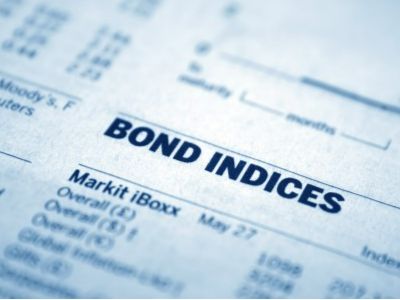Morgan Stanley Fund Manager Lei Zhiyong: Tech Sector Relatively Optimistic in 2025, Artificial Intelligence Growth Still Rapid
2025-01-20 19:26
On January 17th, at the annual strategy meeting of Morgan Stanley Fund, the 2024 public offering champion Lei Zhiyong shared his views on 2025 technology, especially artificial intelligence.
On January 17th, at the annual strategy meeting of Morgan Stanley Fund, the 2024 public offering champion Lei Zhiyong shared his views on 2025 technology trends, especially in artificial intelligence. He expressed optimism towards the overall technology sector in 2025, stating that the market conditions of 2014-2015 could be replicated, where mergers and acquisitions led to an increase in valuations across the technology sector. Horizontally comparing all industries, Lei Zhiyong pointed out that artificial intelligence is still the fastest-growing segment in 2025, and its valuation has not reached a bubble phase yet. Moreover, the demand for computing power remains strong both from overseas tech giants and domestic internet giants.
Lei Zhiyong mentioned that looking ahead to 2025, the market conditions of 2014-2015 could reoccur, where mergers and acquisitions lead to a surge in valuations across the entire technology sector. He emphasized that the policies, liquidity, and style dynamics brought by mergers and acquisitions are significant factors to consider in the technology sector in 2025. From an industrial perspective, technological growth has entered a major innovation cycle. Globally, it is evident that AI has brought iterative innovations to both B2B and B2C products. Lei Zhiyong believes that the next two years will witness significant innovation in both office-oriented B2B products and consumer electronics for B2C.
In terms of industrial cycles, the valuation of the technology sector is expected to at least remain stable and potentially increase with the introduction of popular products. Lei Zhiyong recommended selecting sectors with upward performance and companies with appropriate valuations within the broad technology sector. In 2025, industries such as artificial intelligence, defense and military industry, wind power, and consumer electronics are expected to experience increased prosperity, presenting structural opportunities.
Moreover, Lei Zhiyong stressed being "relatively optimistic" due to existing uncertainties. Firstly, uncertainties lie in tariff policies and national fiscal policies, along with the stabilization of real estate prices, which could create market disturbances. Secondly, uncertainties stem from the industry itself. With two years of growth in artificial intelligence, including in the US and A-shares, there are differing opinions on whether AI can truly achieve general artificial intelligence at this point.
Overall, there are investment opportunities in the computing power sector in the first half of 2025, with expected structural changes. The future will see artificial intelligence permeate all industries, facing the key challenge of reducing costs while improving efficiency. Lei Zhiyong predicted numerous innovations revolving around artificial intelligence, similar to the innovations seen in components like the camera, frame, and glass in the iPhone development back in the day.
By 2025, new innovations in connecting technology, general and customized computing, data centers, and power solutions will likely emerge, bringing investment opportunities. Additionally, in terms of application, there will be many AI application innovations globally, especially in the US in 2025. These innovations, especially in the end-applications, will drive up valuations in related areas of A-shares.
A-shares possess a strong industrial chain capability on the application side, making local participation crucial for global AI end-application innovations. Therefore, whether it's computing power, accompanying systems, or application directions, Lei Zhiyong believes there are many areas in the AI industry to look forward to in 2025.
Liu Gesong Guangfa Small Cap Growth Quarterly Report: Stock position increased to 94.19%. Focus on market value elasticity in electric vehicle stock selection.
Singapore Bank: Predicting that the Hang Seng Index will reach 23,000 points by the end of the year, with the Hong Kong property market experiencing a decrease in low single-digit percentage.
RECOMMEND

AMAC: In January, 137 new asset-backed special plans were filed, with a total scale of 1122.64 billion yuan.
26/02/2025

Schroder Investment: Investors should consider allocating funds to securitized credit and insurance-linked securities.
26/02/2025

Reuss County Asset Annual Reflection: Policy Tipping Point is very clear. The semiconductor industry in 2025 is a game for the brave.
26/02/2025


